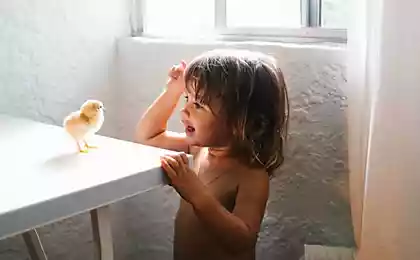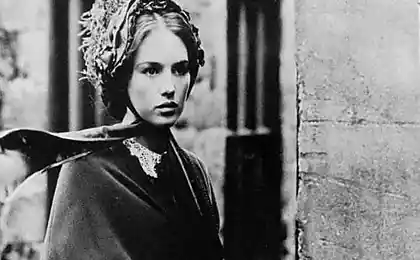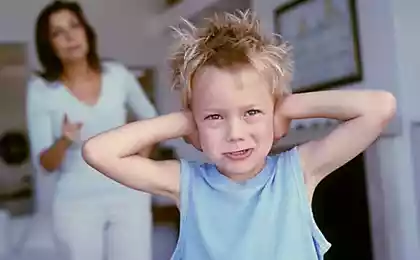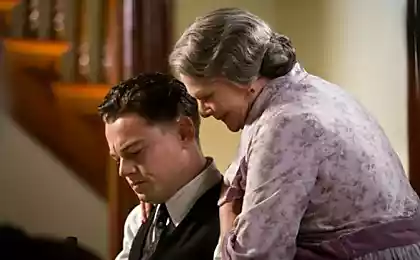678
7 books that will help to establish a relationship with the child
It so happens that the irritation, criticism and shouts become daily, while children behave worse, relationships deteriorate, and the guilt and anger gnawing harder.
In fact, it can be corrected. It is only necessary to tune in the desired fashion and understand — the child is not an enemy, but a friend who really wants to be loved.
Jean Liedloff “How to raise a happy child“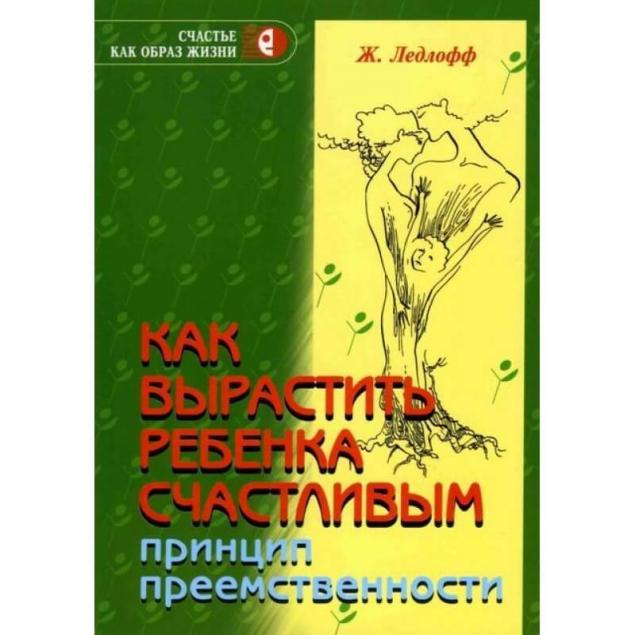
American psychotherapist Jean Liedloff spent two and a half years in South African tribes of the Indians, examined their relationships with children and the manner of education, and then details all set out. According to Liedloff developed harmoniously and happy people it is possible to raise, if you listen to the child's signals and trust your own intuition. If the parents can satisfy deep natural needs of the child, not looking at the opinion and not in keeping with contemporary educational methods, he can grow up free and happy. Put simply, the baby needs more to keep on hand, give him attention and affection, but to know when to let go of the child, encourage his independence, being ready always to accept it in that case, if he needs support.
Lyudmila Petranovskaya “secret support“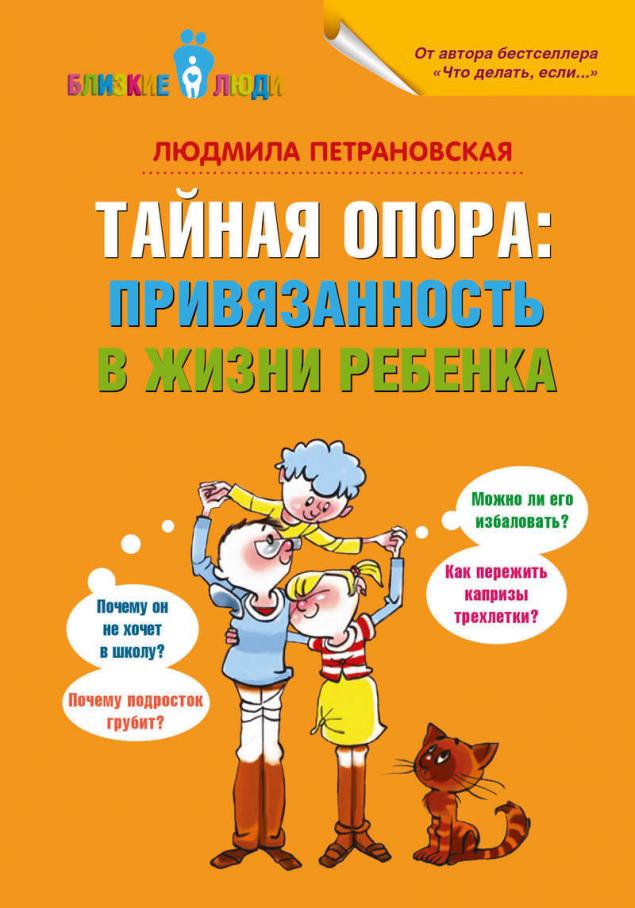
Friendly presentation of the theory of attachment from one of the best modern Russian psychologists. Petranovskaya says: most of the problems in adulthood can be avoided if you know how to construct an internal world of the child. However, she does not blame parents that they are a little consoled, raised his voice or laid hands on me and just gives simple and clear explanation why a certain point, the child may behave-and what to do with it. “Secret support“ could help to thaw the most jaded parents, convinced that a child is sent to punish them, cope with them, and all that he does is to annoy terrible. After reading this book it becomes clear — the children can be happy, you just need to start to work on yourself and move on.
Adele Faber and Elaine Mazlish “How to speak that children listened and how to listen that children spoke“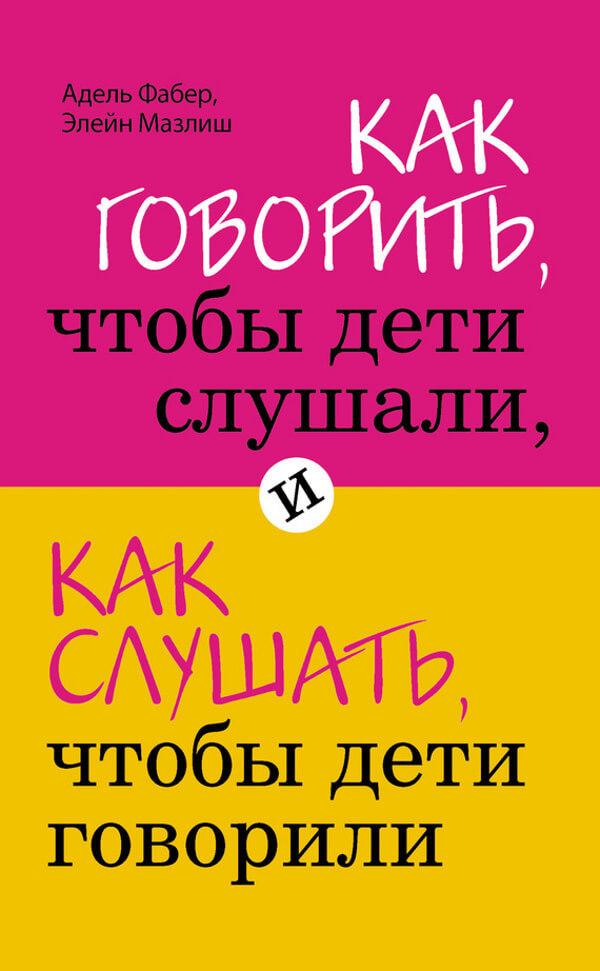
The Bible of any attentive parent. Especially impresses by the fact that the authors do not obstreperous from the reader, and admit — Yes, we also yelled at my children, Yes, they still irritate us sometimes, but still, there are ways to achieve peace. In this case, the title of the book — not a euphemism, inside, naturally, instructions for use. How, with what intonation and what exactly to say, to achieve a certain response or the execution of a request. The book contains many examples from the lives of real families, so read it twice as nice — times they turned out, will turn out for me.
Robin Skinner “Family and how to survive”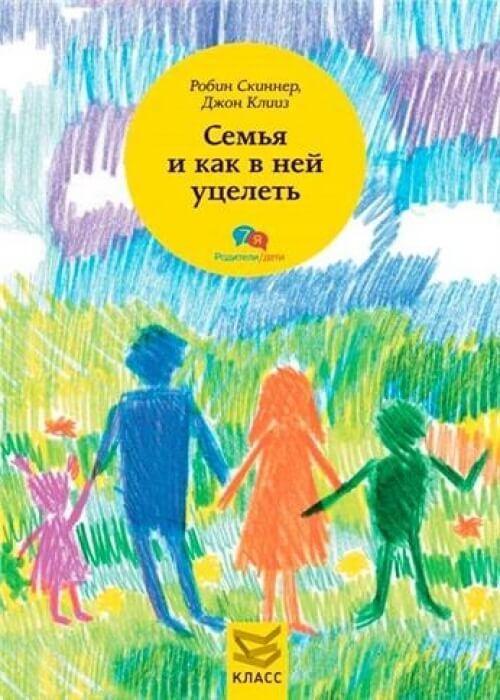
The British family therapist Robyn Skinner and his former patient, one of the comedians of the project “Monty Python” John Kleis sat down and chatted about the origins of family problems, as children inherit a bad parent scenario, why do some become tyrants, and other victims and other problems faced by almost every family. Almost on every page the reader comes insight and you want to slap yourself on the forehead — it becomes clear how our childhood has carried over into our adult life, and what to do to alleviate future family life to their still very small children.
Alexander Neil “Education freedom”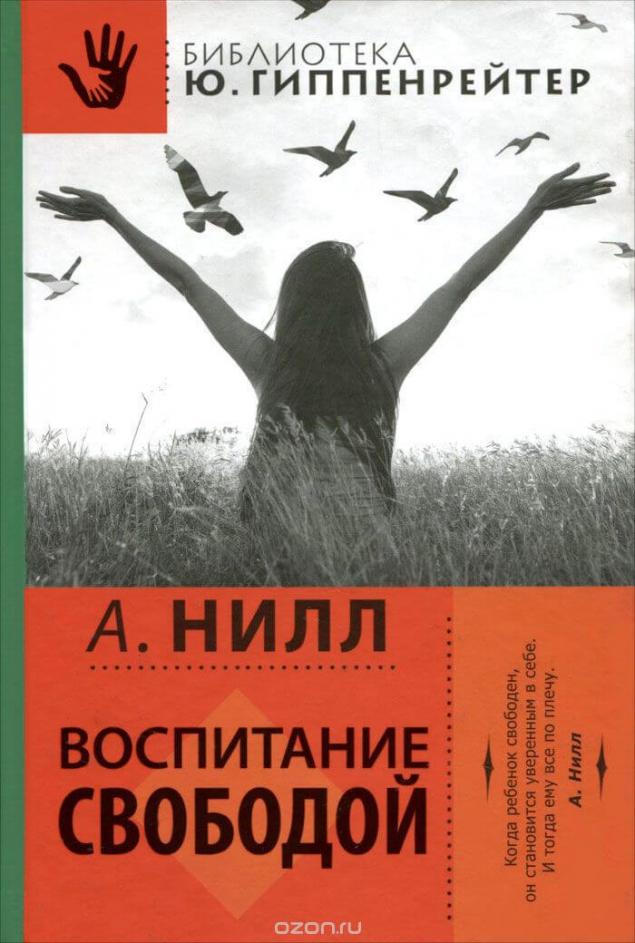
British teacher, the founder of the school “Summerhill” Alexander Neill invented a whole philosophy of education, which is based on personal happiness and well-being of the child, his right to self-determination and the rejection of blind obedience. In this book Neill talks about the everyday life of Summerhill — a private school where he had sent kids for regular school and the parents often could not cope.
In Summerhill not been estimated here were not forced to study or to work. Thus in a short time the most inveterate idlers, shirkers, liars and even young criminals has become the most usual cheerful and light children who happily went to school, worked in the garden, making friends and resolving conflicts.
Gordon Neufeld “don't lose your children”
The founder of the “theory of attachment” therapist Gordon Neufeld talks about how important it is to have a strong relationship with their children, and what consequences may result in adolescence, “focus on peers” — that is, the situation where the attachment to peers becomes stronger intimacy with parents.
Also interesting: Without punishment and cry: 5 books about tantrums, discipline and education
Parent CODE — read for ALL parents!
Susan Forward “Toxic parents”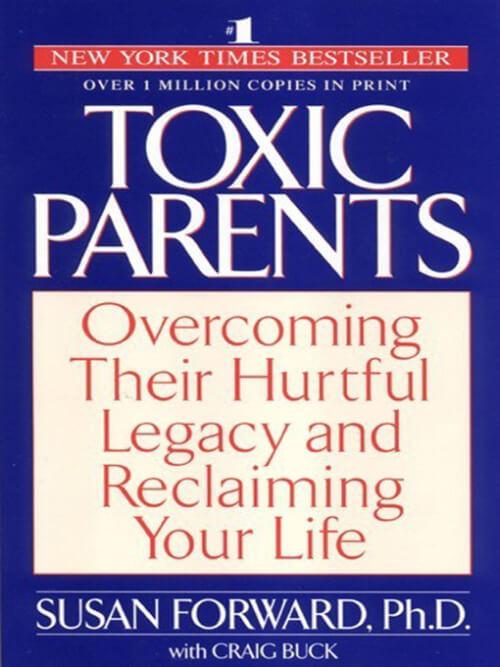
This book is a better read for those who already understand — if the parent did not exactly succeed relationship with the child, do not try to change the child — it is important to begin to change myself. The author on numerous examples from the lives of the patients talks about how much we depend on parents and how disastrous may be the results of aggressive education — from the worst cases of violence and ending the seemingly innocuous parent hypercontrol. After reading this book it becomes easier to understand the relationship with their own parents, to work grievances, to remember my childhood and realize how many mistakes we repeat in communicating with their own children, although have vowed never to do.published
Source: ezhikezhik.ru/reviews/7-knig-kotorye-pomogut-naladit-otnosenia-s-rebenkom
In fact, it can be corrected. It is only necessary to tune in the desired fashion and understand — the child is not an enemy, but a friend who really wants to be loved.
Jean Liedloff “How to raise a happy child“

American psychotherapist Jean Liedloff spent two and a half years in South African tribes of the Indians, examined their relationships with children and the manner of education, and then details all set out. According to Liedloff developed harmoniously and happy people it is possible to raise, if you listen to the child's signals and trust your own intuition. If the parents can satisfy deep natural needs of the child, not looking at the opinion and not in keeping with contemporary educational methods, he can grow up free and happy. Put simply, the baby needs more to keep on hand, give him attention and affection, but to know when to let go of the child, encourage his independence, being ready always to accept it in that case, if he needs support.
Lyudmila Petranovskaya “secret support“

Friendly presentation of the theory of attachment from one of the best modern Russian psychologists. Petranovskaya says: most of the problems in adulthood can be avoided if you know how to construct an internal world of the child. However, she does not blame parents that they are a little consoled, raised his voice or laid hands on me and just gives simple and clear explanation why a certain point, the child may behave-and what to do with it. “Secret support“ could help to thaw the most jaded parents, convinced that a child is sent to punish them, cope with them, and all that he does is to annoy terrible. After reading this book it becomes clear — the children can be happy, you just need to start to work on yourself and move on.
Adele Faber and Elaine Mazlish “How to speak that children listened and how to listen that children spoke“

The Bible of any attentive parent. Especially impresses by the fact that the authors do not obstreperous from the reader, and admit — Yes, we also yelled at my children, Yes, they still irritate us sometimes, but still, there are ways to achieve peace. In this case, the title of the book — not a euphemism, inside, naturally, instructions for use. How, with what intonation and what exactly to say, to achieve a certain response or the execution of a request. The book contains many examples from the lives of real families, so read it twice as nice — times they turned out, will turn out for me.
Robin Skinner “Family and how to survive”

The British family therapist Robyn Skinner and his former patient, one of the comedians of the project “Monty Python” John Kleis sat down and chatted about the origins of family problems, as children inherit a bad parent scenario, why do some become tyrants, and other victims and other problems faced by almost every family. Almost on every page the reader comes insight and you want to slap yourself on the forehead — it becomes clear how our childhood has carried over into our adult life, and what to do to alleviate future family life to their still very small children.
Alexander Neil “Education freedom”

British teacher, the founder of the school “Summerhill” Alexander Neill invented a whole philosophy of education, which is based on personal happiness and well-being of the child, his right to self-determination and the rejection of blind obedience. In this book Neill talks about the everyday life of Summerhill — a private school where he had sent kids for regular school and the parents often could not cope.
In Summerhill not been estimated here were not forced to study or to work. Thus in a short time the most inveterate idlers, shirkers, liars and even young criminals has become the most usual cheerful and light children who happily went to school, worked in the garden, making friends and resolving conflicts.
Gordon Neufeld “don't lose your children”

The founder of the “theory of attachment” therapist Gordon Neufeld talks about how important it is to have a strong relationship with their children, and what consequences may result in adolescence, “focus on peers” — that is, the situation where the attachment to peers becomes stronger intimacy with parents.
Also interesting: Without punishment and cry: 5 books about tantrums, discipline and education
Parent CODE — read for ALL parents!
Susan Forward “Toxic parents”

This book is a better read for those who already understand — if the parent did not exactly succeed relationship with the child, do not try to change the child — it is important to begin to change myself. The author on numerous examples from the lives of the patients talks about how much we depend on parents and how disastrous may be the results of aggressive education — from the worst cases of violence and ending the seemingly innocuous parent hypercontrol. After reading this book it becomes easier to understand the relationship with their own parents, to work grievances, to remember my childhood and realize how many mistakes we repeat in communicating with their own children, although have vowed never to do.published
Source: ezhikezhik.ru/reviews/7-knig-kotorye-pomogut-naladit-otnosenia-s-rebenkom


